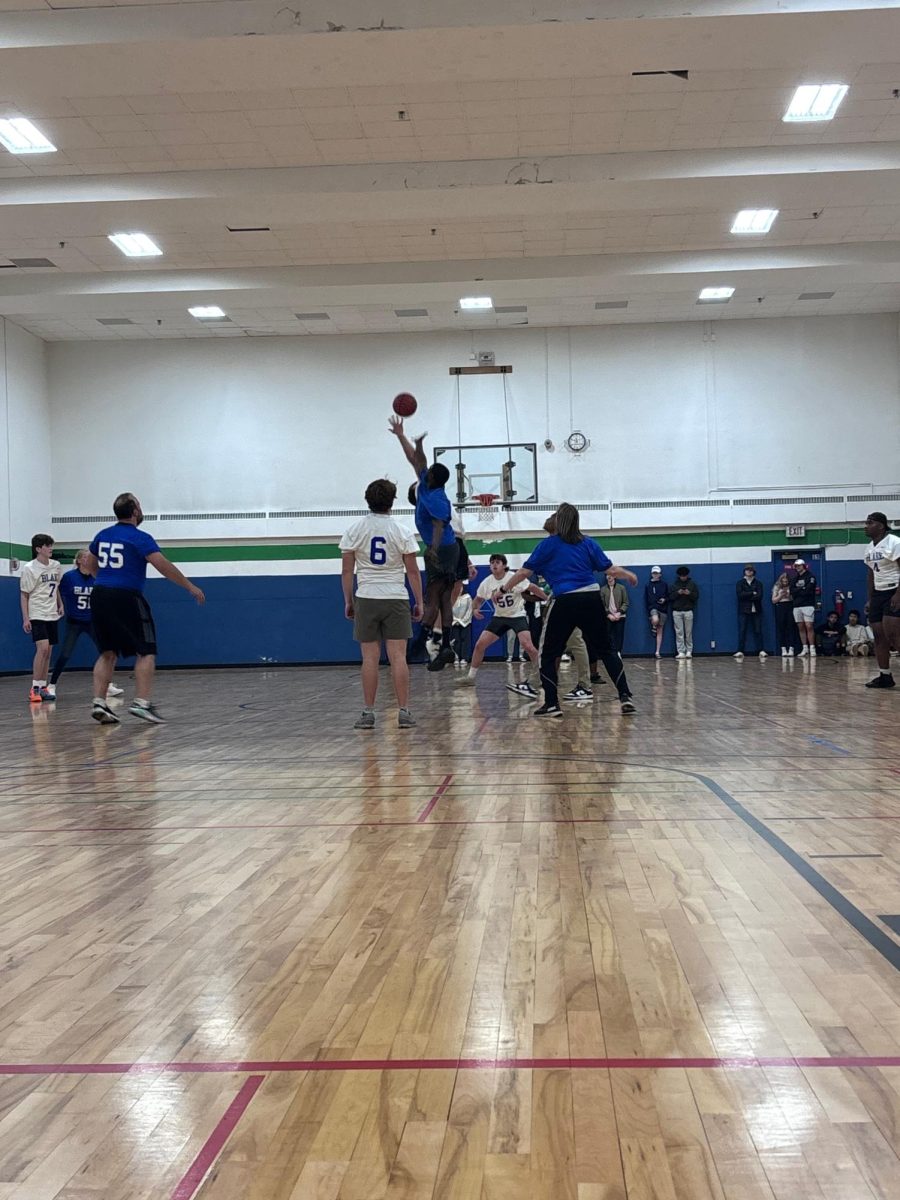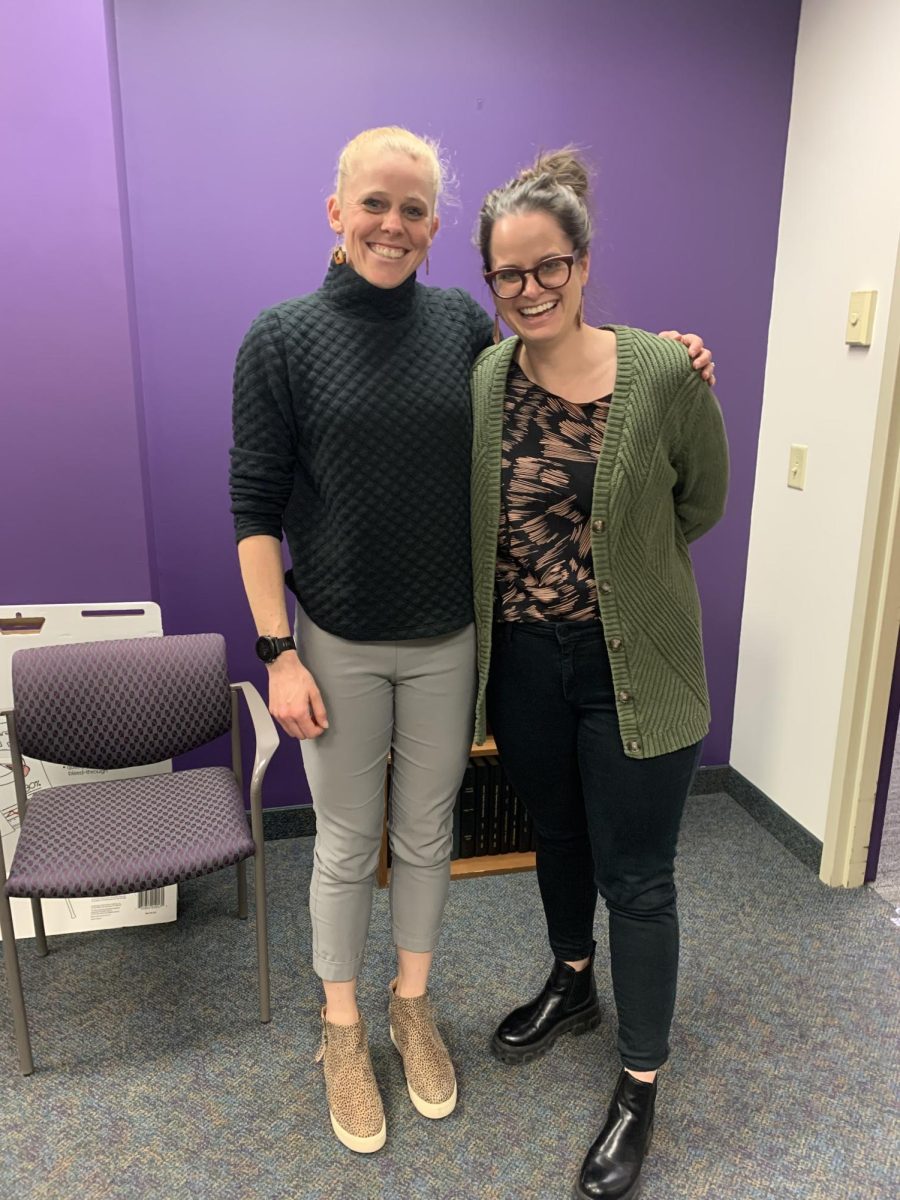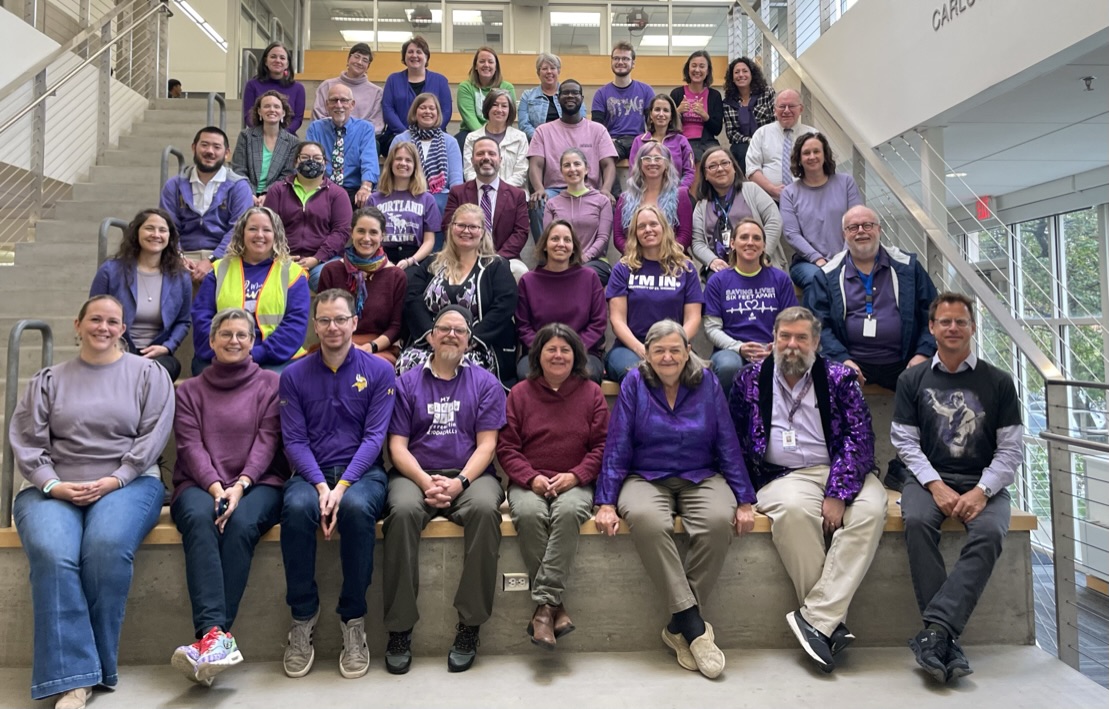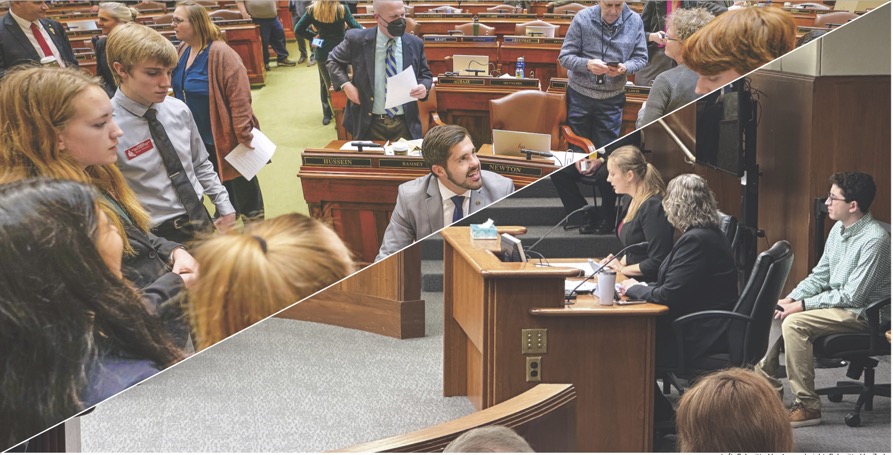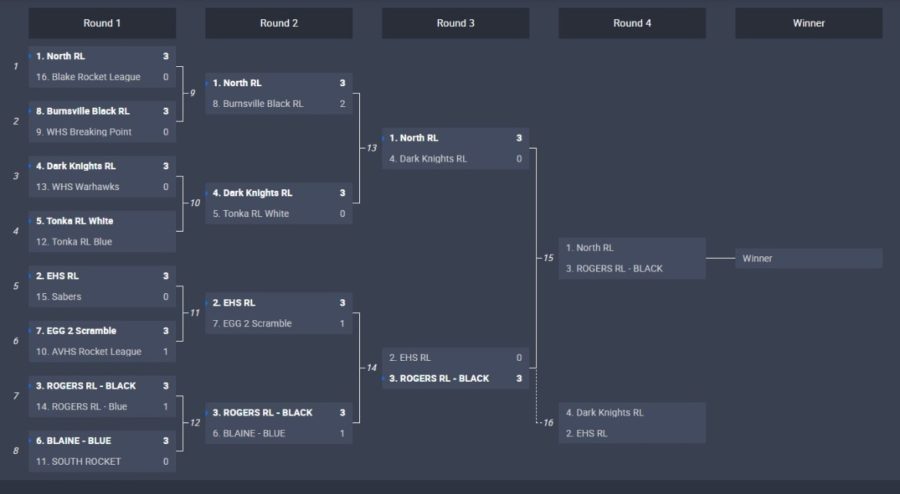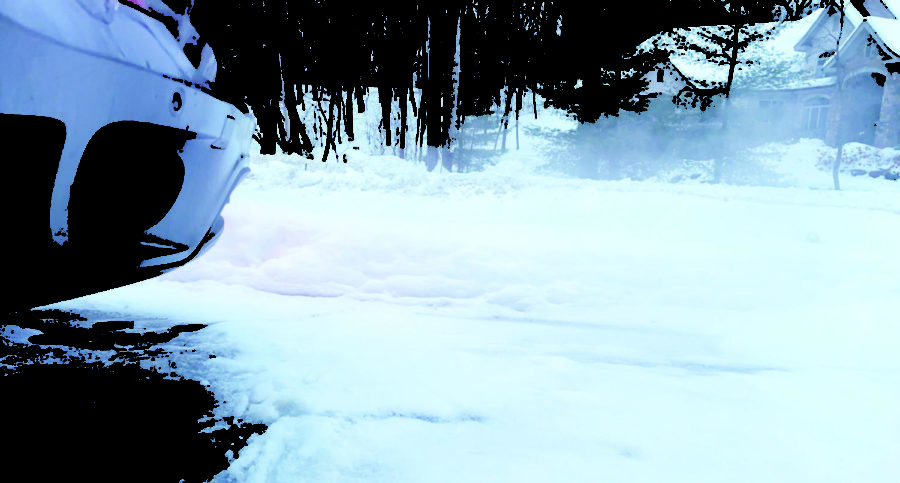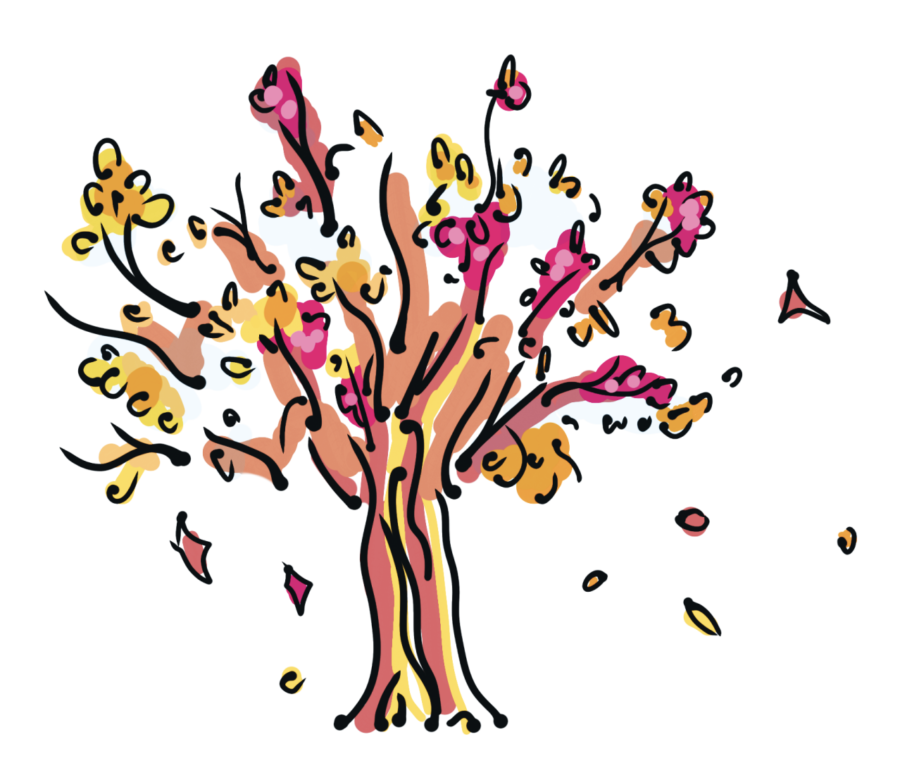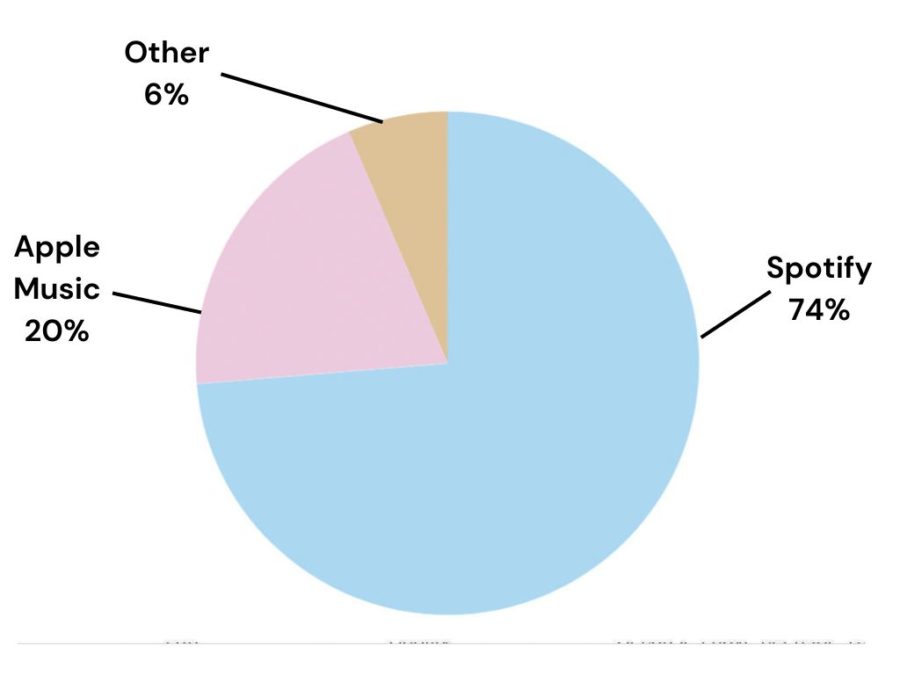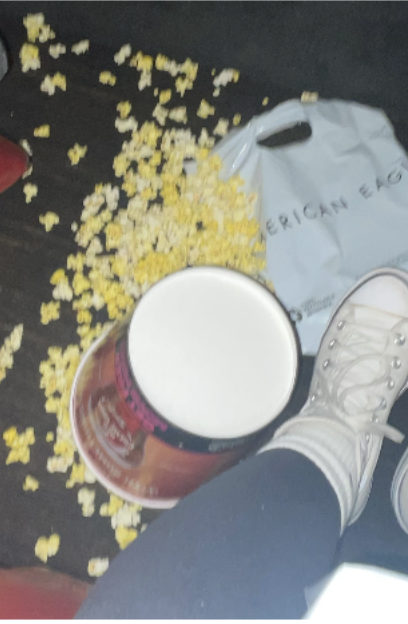From an outside perspective, the new Science of Food course seems like a breeze, consumed with baking and eating.
Paige Robichaud ‘17 and Sarah Juang ‘17 agree that, “it doesn’t seem like a very rigorous course.”
This block four class has had cookie and cake tastings that the community was invited to, which has warped the outside perception of the course. Students enrolled in the course, however, disagree with the class’ popular reputation.
The class has covered topics like salt, cookies, cake, fat, and chocolate, and is coming up on a unit on coffee.
Lucy Emptage ‘18 explains, “The assessments of the class are structured differently than other science electives because of the hands on component of cooking and baking.”
Kjirsten Walt lead the class off with a take-home cookie assignment and Ann-Marie White has followed that with a cake take-home assignment and even two in class timed chocolate assessments.
The take home assignments consist of baking a desired product at home.
The time spent on tasks that students perform at home is supposed to be equivalent to the time spent preparing for a “regular” class’ test. Emptage believes that the assessments of Science of Food are more stressful than an equivalent written test of another class because they can take multiple hours if the first try doesn’t go as planned.
Jake Borgida ‘17 elaborates on the assessments by explaining, “The day after a take home is the real test because the product is presented to Dr. White for tasting.”
Students fill out rubrics on each others’ products, but White and Christine Henken are the head judges.
Borgida stresses that they are video recorded in front of the class on how the ingredients of their dish come together to create the desired product. Similarly, Emptage thinks that the in-class tests are stressful because the desired product needs to be perfected during one long block.
The class is currently learning about chocolate and their mid-unit exam was turning 85% cocoa into milk chocolate and then infusing it with a certain flavor, all in sixty-five minutes.
The exams seem tough alone, but the way in which the information is presented to them makes them even more challenging. White does not give out answers explicitly but has the students extensively read on the chemical processes of the ingredients and then synthesize in class.
Maren O’Shea ‘18 says, “I have learned a lot about food and taste, so now when I cook and bake, I know that adding different amounts of a flavor or types of food will alter my final product in a specific way.”
Even though the students are adamant that the rigor of the course is high, they are also finding enjoyment in the work they do.
Shannon Ellis ‘18 says, “At the end of the day, I am still tasting food to get it just right in every test; what other class has that perk during a test?”


